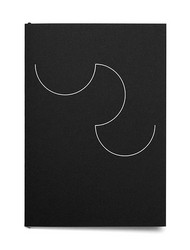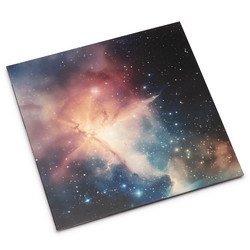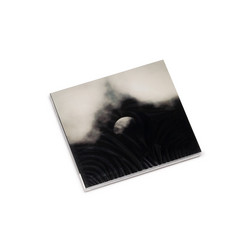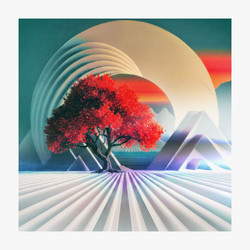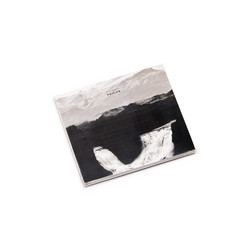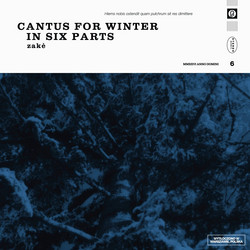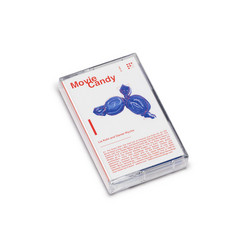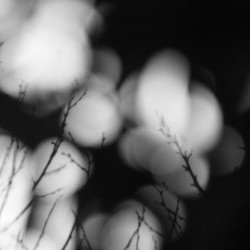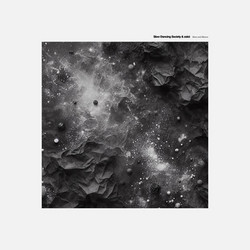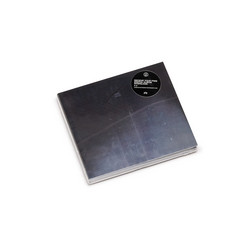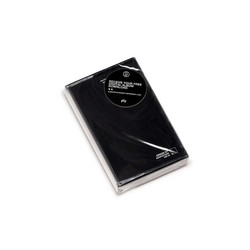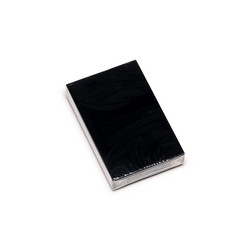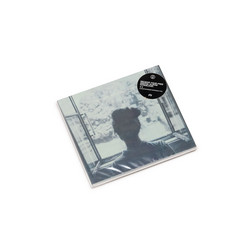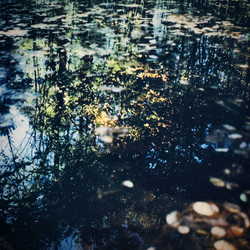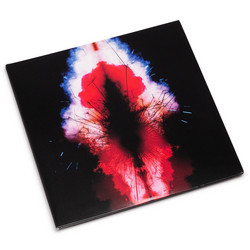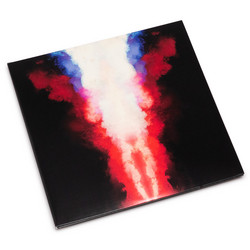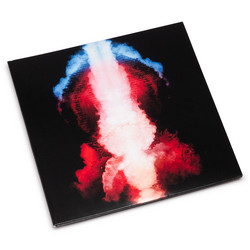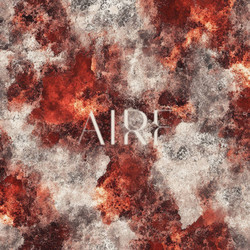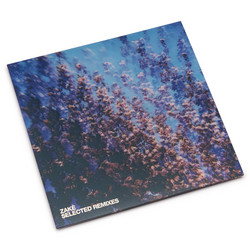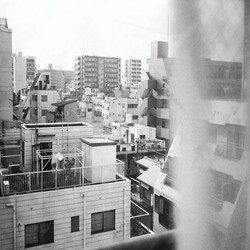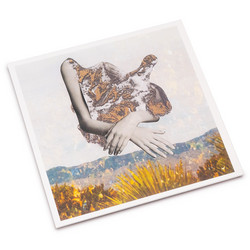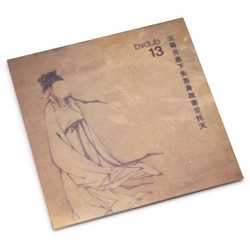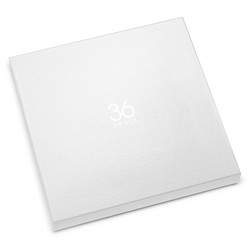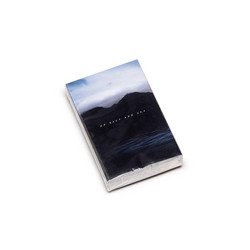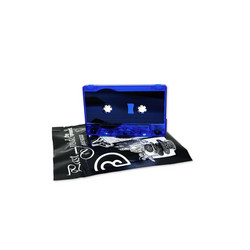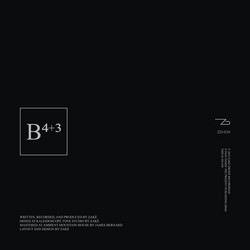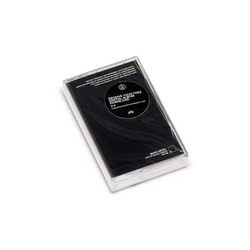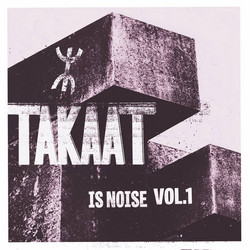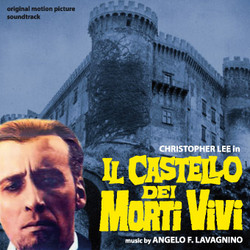Angela Winter
Forbidden Questions In Space (LP, Pink)
*100 copies limited edition* Forbidden Questions in Space is a haunting, koan-inspired journey of ambient, vocal, and drone improvisations. Born from Zen riddles and cosmic wonder, Angela Winter transforms existential dread into spacious, contemplative soundscapes. It asks: How do we meet the world as it is? The result is meditative and stirring, an invitation to let go of certainty and awaken to beauty in the unknown.
"Forbidden Questions in Space emerged in 2021 when I was mixing my album lightness, wondering what music to make next, and spiraling internally over the state of the world. Its seeds floated in on a Zen koan shared by a friend. The koan led me to read Adam Frank’s book Light of the Stars. I pondered questions it raised about Earth, humanity, and our place in the cosmos while I was still immersed in the haiku of the Japanese poet Bashō, whose work had figured large in the creation of lightness—poems such as:
the rough sea
stretching out toward Sado—
the Milky Way
This koan-inspired leap into space was congruent with my current work on lightness while propelling me forward in a new sonic direction, so I began exploring ideas, scribbling notes in my composition book, and reading other sources for inspiration.
I wrote the first tracks for Forbidden Questions in Space for piano and voice. The songs had lyrics such as the lines at the top from “dark adaptation,” a Valentine to my sister, with whom I’d shared many concerns and conversations about the state of the world. For lyrical inspiration, I searched for classic Zen koans and came across Joan Sutherland’s brilliant essay, “Koans for Troubled Times,” published in the Buddhist magazine Lion’s Roar. Though I’m not a Buddhist, Sutherland’s writing soothed my troubled mind and heart. As much as today’s near-apocalyptic times may seem unprecedented, Sutherland’s account of China during the birth of the Zen koan tradition reveals how past times have likewise been dire. Koan practice emerged as the once-prospering empire of China was being devastated by a decade of civil war, starvation, and disease that led to the deaths of two thirds of its people. Amid this cataclysm, the Chinese Buddhist tradition known as Chan—which later gave rise to Zen Buddhism in Japan—turned to koans as a way to engage with life. As Sutherland notes:
“Twelve hundred years ago, a few Chan innovators had a fierce desire to leap out of the usual ways of doing things and into new territory—not to escape the catastrophe looming around them, but to more fully meet it. If they were going to be helpful they had to develop—and quickly—flexibility of mind, an easy relationship with the unknown, and a robust willingness to engage with life as they found it. Perhaps most importantly, they needed a really big view. For them, Chan practice wasn’t about getting free of the world; it was about getting free in the world. The first koans are field notes from their experiment in the getting of this kind of freedom.”
Sutherland goes on to ask, “What does it mean for us to be wholeheartedly part of this world? How do we fall willingly into the frightened, blasted, beautiful, tender world, just as it is?” My heart lightened as I read her questions, and I returned to her essay time and again.
Meeting the world wholeheartedly, just as it is. Getting free in the world, seeking a big view, and asking thought-stopping questions. Seeing the world with fresh eyes. Interrupting the energies of strife and socially transmitted stress to transmute them into deeper, slower, more nourishing resonances. Developing flexibility, courage, and friendliness with the unknown. Asking myself: Who do I want to be in these times? Running experiments. Practicing dying. Making sonic koans for troubled times. Hopefully somehow being of service in sharing them. These were my lodestars as I created Forbidden Questions in Space, which unfolded in spiral waves over the next few years. The music’s form changed from piano-based lyrical songs to experimental sonic collages, mainly vocal, mostly wordless, all improvised ambient and drone works studded with bits of delicate noise. To wake us up. I hope you enjoy listening, fellow awakeners.
Deep thanks to Zach, James, and the PITP family for believing in my music and giving it a beautiful home inside your beautiful home. I am forever grateful." - Angela Winter
Written, recorded, and produced by Angela Winter. Mastered at Ambient Mountain House by James Bernard. Layout and design by zakè. Marketed, distributed, and phonograph copyright: Past Inside the Present. Pressed, manufactured, and assembled in Warsaw, Poland.

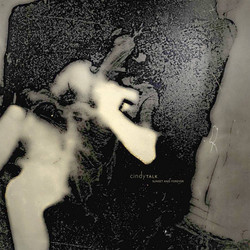
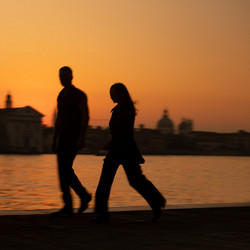
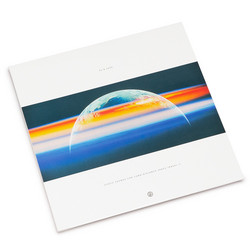
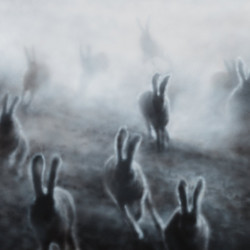

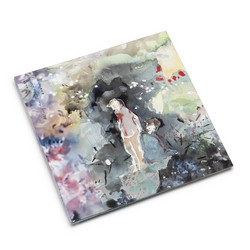

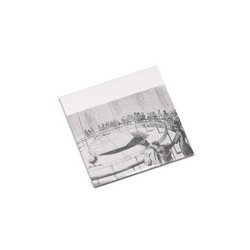
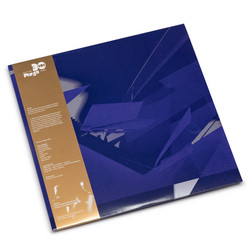
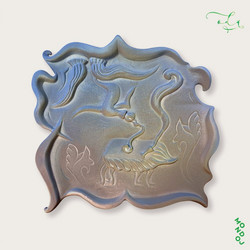
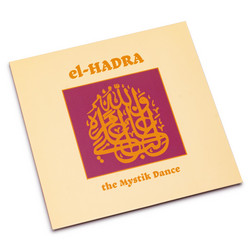

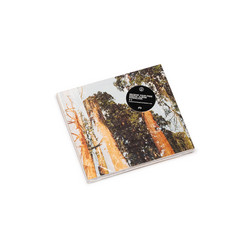
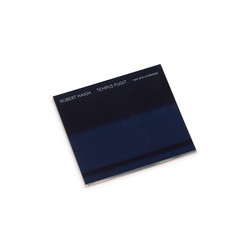
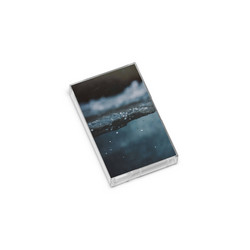
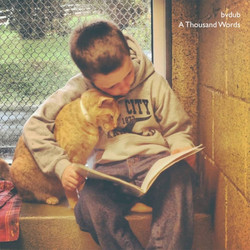
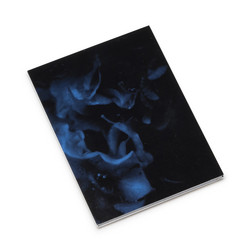
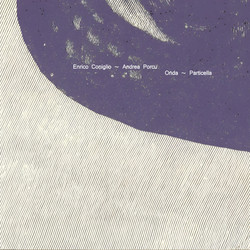
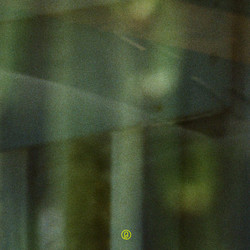
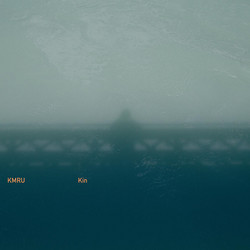
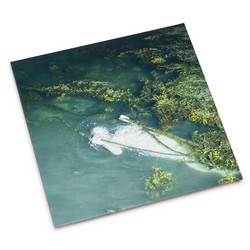
![The Bunker Years [2006-2014]](https://cdn.soundohm.com/data/products/2025-05/R-14433460-1574443044-2868-jpeg.jpeg.250.jpg)
